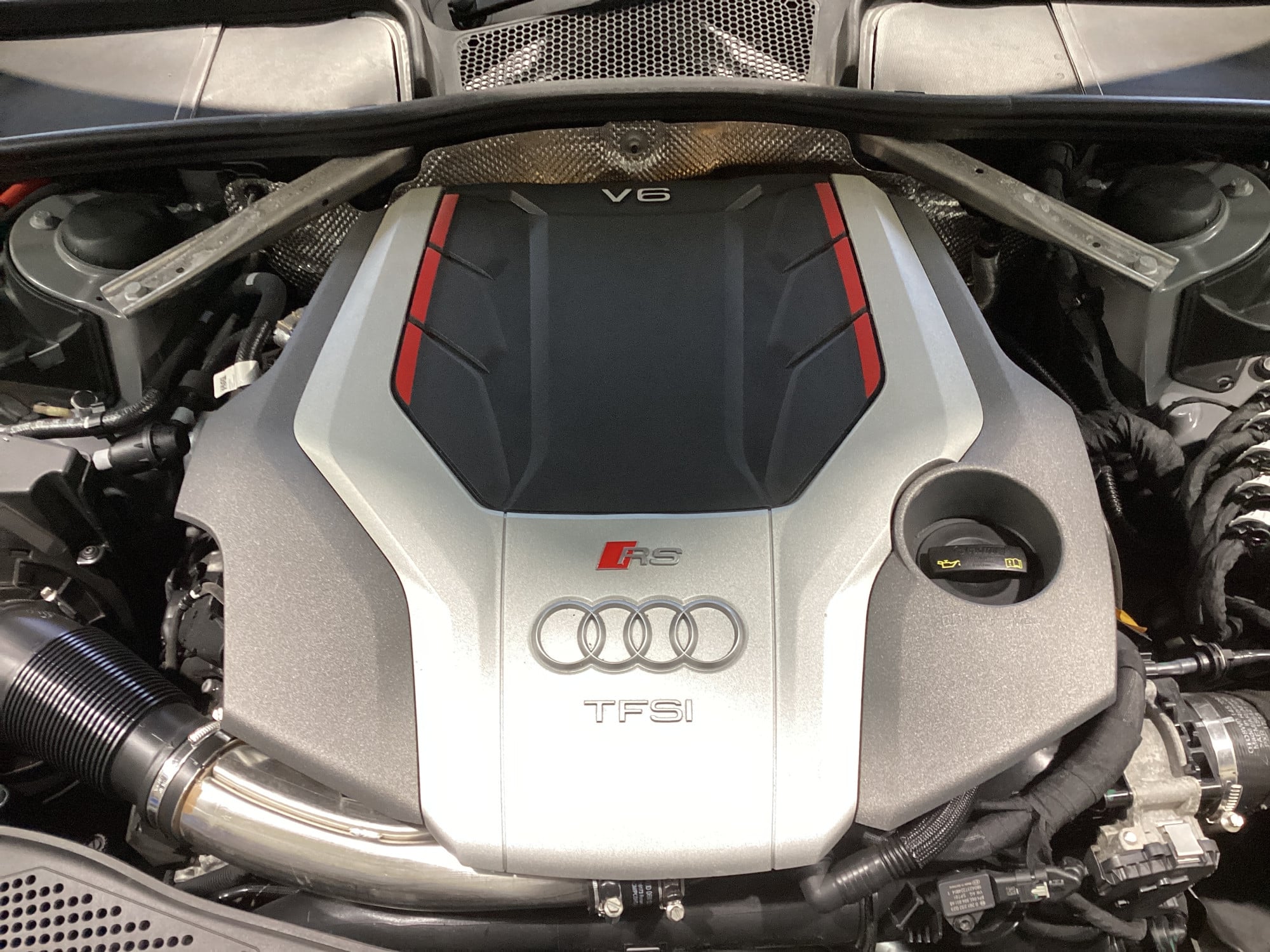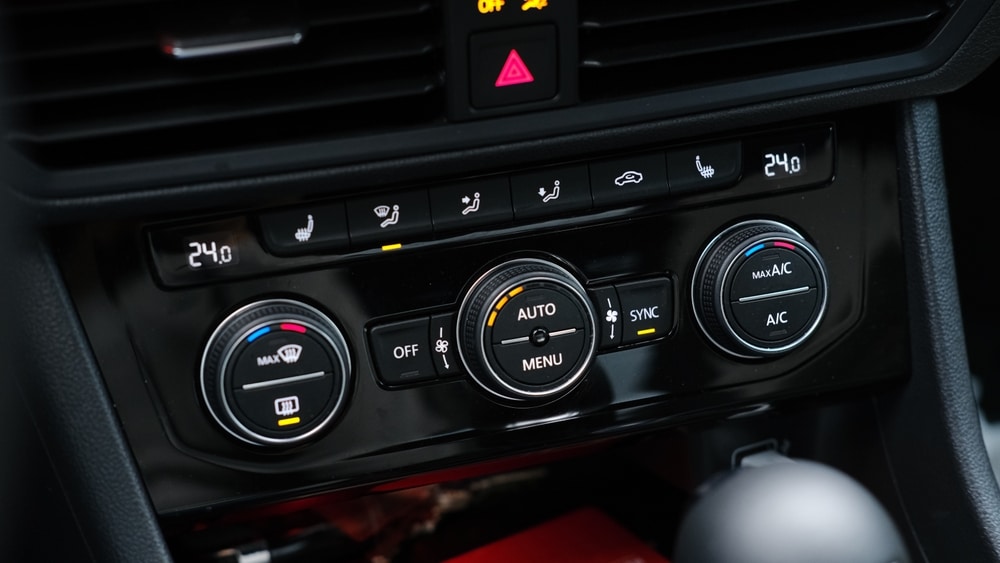Audi Maintenance Issues
Audi’s need to be serviced often to avoid component wear out. As they are carefully engineered for smooth handling and performance, the serviceable parts in your Audi need to be routinely replaced to continue performing their best.
How might you detect when your Audi needs a service? Is it possible to find any Audi maintenance issues between services and can you avoid unnecessary repair bills if you detect issues early?
RS Autotechnik is here to assist you with all your Audi servicing needs. Audi recommends routine servicing to avoid unwanted repair bills and to drive safely. Routine servicing will ensure your Audi is healthy, fuel-efficient, and safe to drive.
It also helps with the resale value. If a new buyer notices that the vehicle has been taken care of properly, then it will be less likely to fail which would lead to expensive repairs.
Read on to uncover all you need to know about Audi maintenance issues and servicing.

Recommended Audi Service Intervals
Audi uses a condition-based servicing model to work out when services are due. Otherwise known as the ‘Flexible Audi Service Regime’, the condition-based model uses sensors to detect driving behaviour and component wear. It is designed to inform the driver about their next service at precisely the right time by keeping a close eye on the condition of the engine oil, filters, brake pads, fluid, and spark plugs.
To work out when your Audi next needs a service you can pay attention to your dashboard service light which will illuminate around four weeks before your service is due. The multi-function display (MFD) may also indicate when your next service is due by scrolling through the menus using your steering wheel controls. Audi vehicles equipped with Multimedia Interface (MMI) can access service status through the vehicle settings on the main dashboard infotainment screen.
Also, as a general rule, the maximum time between Audi services should not exceed two years or 18,600 miles – whichever arrives first. Your owner’s manual or service book will provide more information about your specific Audi model.
Do my Driving Habits Affect my Service Schedule?
Your driving habits and the climate affect Audi service schedules. The condition-based system monitors how fast you drive, factors in climate and temperatures and how much you drive in slow-moving traffic. As all of these affect the lifespan of components and fluids, driving in more extreme conditions like these will require more frequent servicing.
If you are in more favourable conditions and do not drive aggressively, then your Audi will treat you by needing less frequent servicing. Plus your Audi will last longer thanks to a reduction in component wear.
The condition-based service model in Audi vehicles continuously monitors the conditions of serviceable parts and adjusts the service schedule depending on your driving habits.
How to Tell if Your Audi Needs Maintenance Between Services
Your Audi Engine Control Unit (ECU) can detect issues with your engine, drivetrain, electrical systems and more. When it notices a problem with driving performance or safety it will signal a warning light and/or a warning message will appear on the driver display.
A warning light will also appear when a service is due. Typically, this is displayed as a spanner icon with a SERVICE warning message.
If your Audi isn’t showing a warning light, but still you notice signs of a problem, it might need a closer inspection. A sign your Audi is telling you that there is an issue includes knocking noises coming from the suspension during cornering or driving over bumps. Sometimes in older models, there may not be any sensors in the suspension system and therefore no warning light will appear.
To work out if there is an issue yourself, you can listen out for strange noises during engine operation. For example, if there is a high-pitched squeal coming from the engine bay, then this indicates that a belt needs replacing. The auxiliary belt, responsible for the alternator, water pump and air conditioning units is a serviceable part. Typically, auxiliary belts need replacing every 60,000 miles – to 100,000 miles depending on the engine and model.
Other electrical, emissions and mechanical issues may not have a dedicated warning light but are still linked to the ECU. In these instances, if there is an issue, your Audi will display a generic ‘Check Engine’ light on the dashboard.
If this occurs and you have no idea what the issue is, it’s best to consult professional help. At RS Autotechnik, our team of Audi experts are on hand to quickly diagnose and resolve warning light issues. We only use genuine Audi, or high-quality recommended parts during our repairs and services and leave nothing to chance when it comes to getting your car back on the road working as it should.
Keep Your Audi Healthy and Safe
As every Audi is carefully engineered and incredible to drive, each one needs to be regularly inspected and maintained. This guide provides owners and anyone looking to buy an Audi vehicle the information they need. With the condition-based servicing model closely monitoring components, your Audi can time your next service by analysing the way you drive and your external climate conditions.
At RS Autotechnik, we know how important Audi vehicles are to their owners. Our team is here to assist in any diagnosis, servicing, or repairs, ensuring that your Audi is properly taken care of and will last for years to come.
If your Audi is telling you that something is up, do not leave it to chance. As soon as you hear strange knocking noises, engine squeals, or see warning lights or service messages – be sure to take it to our team of professionals for inspection.
At RS Autotechnik we are your local Audi experts and can quickly and efficiently get your vehicle back on the road and working healthy again. Contact us today to book your appointment!



